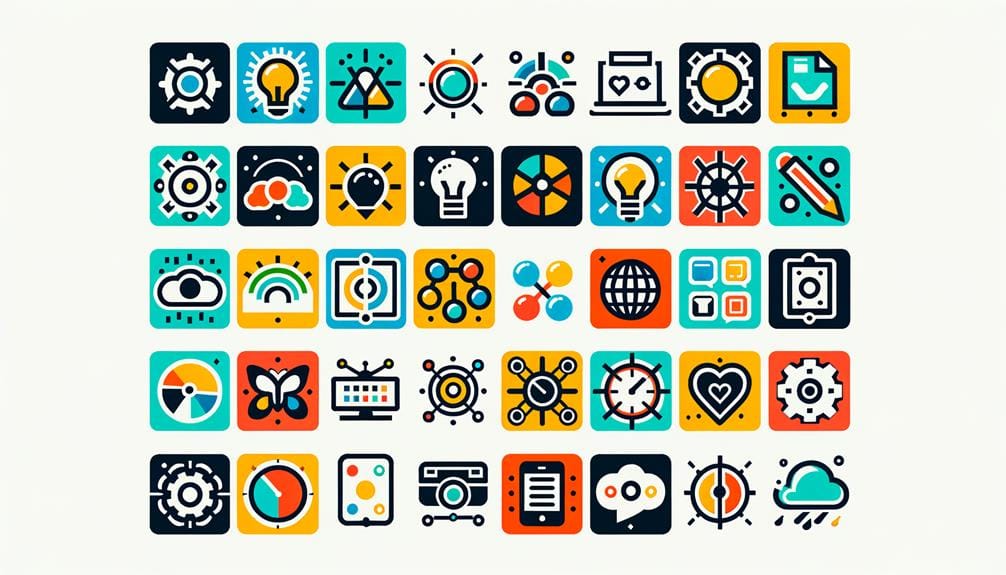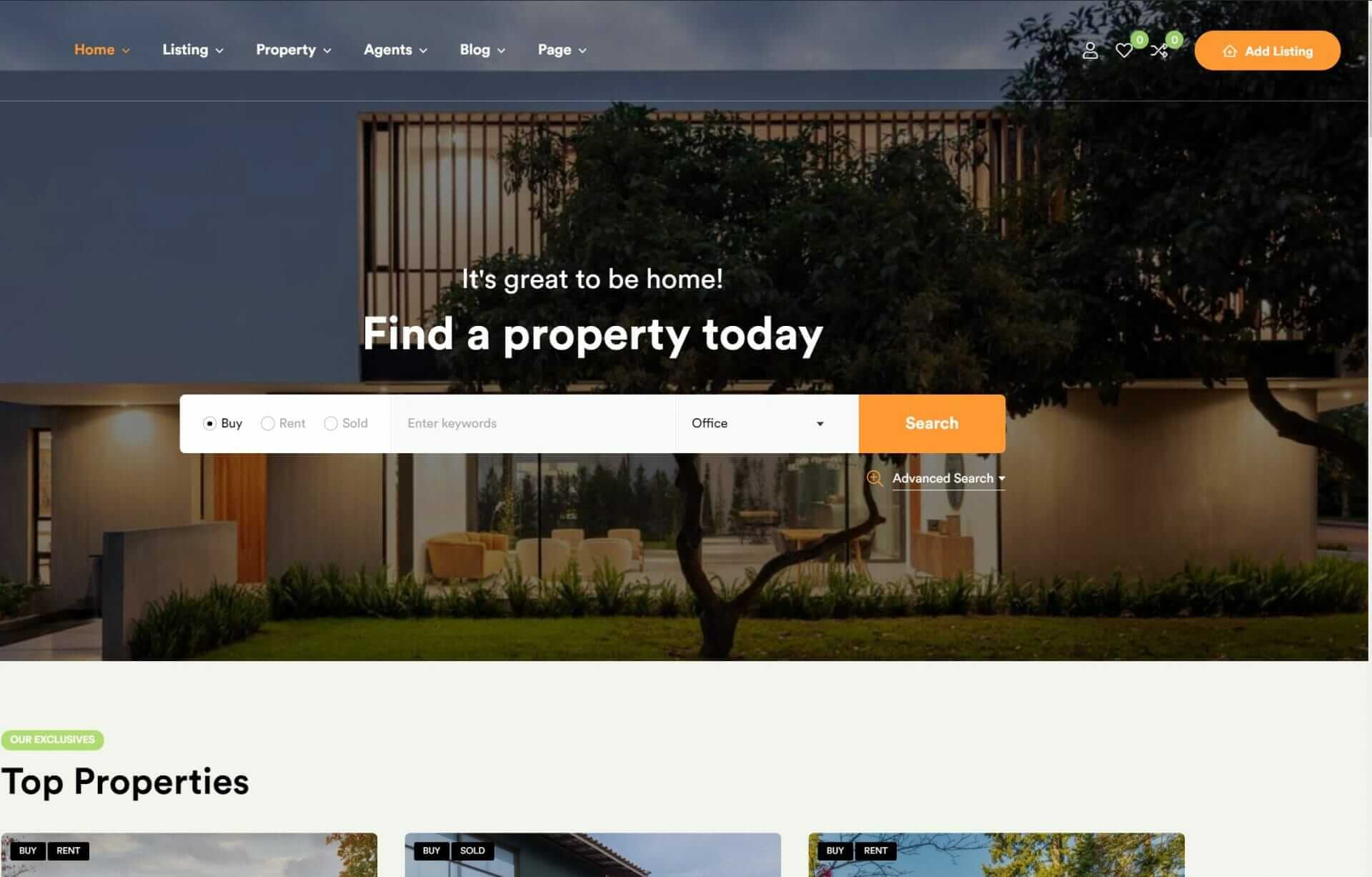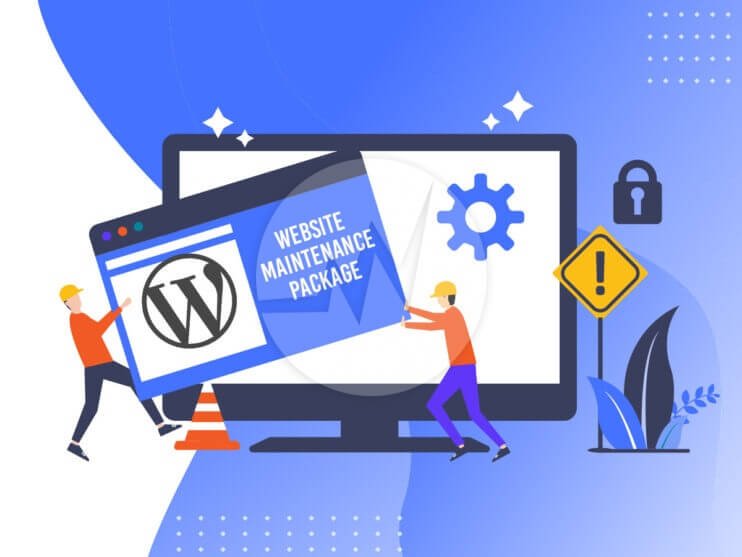As a beginner, choosing the right content management system (CMS) is essential for building a website. You’ll want a platform that offers a user-friendly interface, drag-and-drop tools, and customization options that don’t require extensive coding knowledge. Popular CMS options for beginners include WordPress, Squarespace, Wix, Brightspot CMS, and Weebly, each offering intuitive interfaces, drag-and-drop builders, and vast arrays of themes and plugins. To find the best CMS for you, consider features like easy navigation, customizable templates, and e-commerce capabilities. By exploring these options and features in more detail, you’ll be well on your way to creating a professional-looking website.
Choosing the Right CMS Platform
When building your website, you’ll want to choose a content management system (CMS) platform that’s easy to use and meets your needs, especially if you’re new to website development. You’re looking for a platform that’s intuitive, customizable, and doesn’t require extensive coding knowledge.
As a beginner, consider user-friendly CMS platforms like WordPress, Squarespace, and Wix. These platforms have revolutionized the way we build websites, making it possible for anyone to create a professional-looking site without being a tech expert.
Look for a CMS with an intuitive interface, drag-and-drop builders, and easy customization options. You want to be able to focus on creating great content, not struggling with complicated code.
WordPress, for example, offers a vast array of themes and plugins to help you customize your site. Squarespace provides visually appealing templates, while Wix has a user-friendly drag-and-drop builder that makes it easy to create a website from scratch.
Popular CMS Options for Beginners

As you explore the world of content management systems, several popular options stand out as ideal choices for beginners, including WordPress, Squarespace, Wix, Brightspot CMS, and Weebly.
You’ll love WordPress for its beginner-friendly and intuitive interface, vast array of themes, and plugins that make customization a breeze.
Squarespace is another great choice, offering visually appealing templates and an easy-to-use drag-and-drop interface that lets you create stylish websites without any coding knowledge.
Wix is also a top contender, providing a highly intuitive drag-and-drop builder, a range of templates, and an App Market for additional features.
Brightspot CMS boasts a user-friendly interface, making it perfect for beginners in organizations, with its intuitive design and extensive support.
Last but not least, Weebly features an easy-to-use drag-and-drop interface, a variety of templates, built-in e-commerce capabilities, and a simple design that’s perfect for users of all skill levels.
These popular CMS options are designed to make website creation a seamless experience, so you can focus on what matters most – sharing your ideas and connecting with your audience.
With these options, you’ll be well on your way to creating a stunning website that reflects your unique voice and style.
User-Friendly CMS Features to Consider

As you consider a content management system, you’re likely thinking about what features will make your website-building experience as smooth as possible.
You’ll want to look for a CMS that offers easy website building tools, allowing you to create a site from scratch without needing extensive coding knowledge.
Additionally, consider a platform that provides customization options and simple navigation features, making it easy to personalize and update your site as needed.
Easy Website Building Tools
To build a professional-looking website without extensive coding knowledge, you’ll want a content management system that offers intuitive, user-friendly tools. A website builder with an easy-to-use drag-and-drop interface is perfect for beginners, allowing you to create a stunning website without needing to know how to code.
Some of the key features to look for in an easy website building tool include:
- Drag-and-drop interfaces that make it simple to add and arrange content
- A wide range of templates and themes to choose from
- Easy-to-use design options that let you customize your website without needing to know how to code
With a user-friendly CMS, you can create a professional-looking website in no time. Look for a CMS that offers a drag-and-drop interface, a range of templates, and easy-to-use design options. This will make it easy to create a website that looks great and functions well, without needing to spend hours learning how to code.
Customization Options Available
When selecting a content management system, consider the customization options available, as these can either make or break your website’s ability to reflect your brand and resonate with your audience. You want a CMS that offers a beginner-friendly interface, making it simple for you to personalize your website without needing to know how to code.
Look for a CMS that provides a variety of templates to get you started, as well as drag-and-drop builders that allow you to customize layouts and add features effortlessly.
Some excellent CMS options, such as WordPress, Squarespace, and Wix, offer a wealth of customization options. WordPress, for instance, has a vast library of customizable themes and plugins, while Squarespace provides visually stunning templates and a user-friendly drag-and-drop interface. Wix, on the other hand, features a drag-and-drop builder and an App Market for additional customization options.
Brightspot CMS and Weebly also offer intuitive interfaces and a variety of templates to make customization a breeze. With these choices, you can create a website that truly mirrors your brand and captivates your audience.
Simple Navigation Features
A user-friendly content management system should have simple navigation features that enable you to efficiently create and manage your website’s content, without being overwhelmed by complex settings or functionality. You want a platform that lets you focus on producing high-quality content, not one that frustrates you with a steep learning curve.
When evaluating a CMS, look for a user-friendly interface that makes it easy to navigate and utilize its features.
Some key features to ponder include:
- A drag-and-drop builder that lets you easily create and arrange pages
- Intuitive menus and dashboards that simplify content management
- Clear and concise documentation that helps you troubleshoot issues
With a CMS that incorporates these simple navigation features, you’ll be able to create and manage your website’s content with ease, even if you’re new to website development. By choosing a platform with a user-friendly interface, you’ll save time, reduce frustration, and be able to focus on producing innovative content that engages your audience.
Customization Options for CMS Platforms

Customizing your website is essential for standing out online, and CMS platforms offer various options that let you tailor your site’s design and functionality to suit your needs. With the right customization options, you can create a website that reflects your brand’s personality and resonates with your target audience.
Wix, for instance, offers over 500 customizable templates, allowing you to choose the perfect design for your site. Additionally, their App Market provides a range of features to enhance your website’s functionality.
WordPress.com also provides beginner-friendly themes with easy customization options, making it easy to personalize your site without requiring extensive coding knowledge. Weebly’s drag-and-drop interface is another great example, allowing users to easily customize their websites without needing to know how to code.
Squarespace and Brightspot CMS are also worth considering, offering visually appealing templates and user-friendly design options that cater to different industries. By choosing a CMS platform that offers robust customization options, you can create a website that stands out online and accurately represents your brand. This flexibility is key to online success.
Best CMS for Blogging Beginners

Which CMS platform is best suited for blogging beginners, and what features should you look for to kickstart your online publishing journey?
As a beginner, you’re likely looking for a platform that’s easy to use and offers the right amount of customization options. Consider these popular choices:
- WordPress.com, with its vast array of customizable themes and easy-to-use features
- Blogger, owned by Google, which integrates seamlessly with other Google services
- Ghost, a favorite among bloggers for its clean design and markdown editor, ideal for content-focused blogging
When choosing the best CMS for blogging beginners, consider what matters most to you. If you’re looking for ease of use and customization options, WordPress.com might be the way to go. If you’re already invested in the Google ecosystem, Blogger could be your best bet. Ghost is perfect for those who value clean design and a distraction-free writing experience.
Whichever you choose, you’ll be well on your way to starting your blogging journey. With these platforms, you can focus on what really matters: creating great content for your audience.
E-commerce CMS Solutions for Beginners

As you consider launching your online store, you’ll want to explore the various e-commerce CMS solutions designed specifically for beginners.
You’ll need a platform that offers a simple store setup process, allowing you to easily create and manage your online shop.
With the right tools, such as basic inventory management features, you’ll be able to track your products and fulfill orders efficiently, setting your business up for success.
E-commerce Platform Options
When it comes to launching an online store, you have several e-commerce platform options that offer beginner-friendly content management systems to help you get started. As a beginner, you’ll want to explore platforms that provide secure payment options, ease of use, and flexibility.
Here are a few options to explore:
- WooCommerce: A popular e-commerce platform that supports both physical and digital products.
- BigCommerce: Offers a hosted e-commerce solution with easy navigation and secure payment options.
- Shopify: Integrates CMS and e-commerce tools seamlessly, providing 24/7 support for online businesses.
These e-commerce platforms are designed to help you create a professional online store without requiring extensive technical expertise. With features like customizable templates, inventory management, and secure payment processing, you’ll be able to create a successful online business in no time.
Simple Store Setup Process
Setting up an online store is a breeze with beginner-friendly e-commerce content management systems that offer drag-and-drop builders, simple interfaces, and seamless integration, allowing you to get started without requiring extensive technical expertise. With platforms like Wix, Shopify, and Weebly, you can create a professional-looking website without needing to know how to code. These Content Management Systems (CMS) provide intuitive tools that make it easy to design and launch your online store.
You can choose from a variety of visually appealing templates, customize your store’s layout, and add products with just a few clicks. Squarespace and BigCommerce also offer user-friendly platforms that cater to beginners, providing secure payment gateways and easy inventory management. With these CMS solutions, you can focus on growing your business without worrying about the technical aspects of running an online store.
Basic Inventory Management Tools
Managing your online store’s inventory just got easier with e-commerce content management systems that provide intuitive tools designed specifically for beginners. As an e-commerce beginner, you’ll appreciate the simplicity of CMS platforms like Shopify and WooCommerce, which offer basic inventory management tools to help you get started.
With these tools, you can easily add, edit, and organize product listings, track stock levels, and manage product variants.
Here are some key features you’ll love:
- Easy product management: Add, edit, and organize products with ease
- Stock tracking: Keep an eye on your inventory levels in real-time
- Product variants: Manage different sizes, colors, and styles with ease
These e-commerce CMS solutions are designed to help beginners like you handle basic inventory operations with confidence. You’ll be able to kickstart your online store and start selling in no time.
With Shopify and WooCommerce, you’ll have the tools you need to manage your inventory efficiently and effectively, freeing up more time to focus on growing your business.
Drag-and-Drop CMS Website Builders

With drag-and-drop CMS website builders, you can create a professional-looking website without needing to know how to code. You’re in control, and it’s easier than ever to launch your online presence.
Weebly, for instance, offers an incredibly intuitive interface that’s perfect for beginners. Wix is another great option, providing a range of templates to customize and a drag-and-drop builder that’s hard to beat. Squarespace is ideal for those who want a visually stunning website, with a drag-and-drop interface that makes it easy to create a stylish online space.
As a beginner, you’ll love the ease of use that these website builders offer. WordPress.com is another beginner-friendly CMS that’s worth checking out, with a simple setup process and extensive theme options. Shopify’s website builder is also a great choice, offering drag-and-drop functionality that makes it easy to build an online store.
With these innovative tools, you can focus on what matters most – creating a website that showcases your brand and resonates with your audience. By leveraging drag-and-drop technology, you can save time and energy, and get your website up and running in no time.
Most Scalable CMS Platforms

As you grow your online presence, you’ll need a content management system that can keep up with your expanding needs, which is where highly scalable CMS platforms like Magnolia CMS come into play. With Magnolia CMS, you’ll enjoy robust features that cater to your growing requirements. It’s designed to guarantee efficient performance and adaptability for varying business needs, so you can focus on growth without worrying about the technicalities.
Here’s what makes Magnolia CMS a top choice for those who value scalability:
- *Integrates major functions*: e-commerce, analytics, marketing automation, social media, CRM, and ERP functionalities are seamlessly combined.
- *Solid security measures*: protect your site and users with state-of-the-art security that safeguards against threats.
- *Flexible user permissions*: set up access levels quickly and easily to assure those with the right clearance are making changes.
While using Magnolia CMS means putting security measures and integration front and center, streamlined and tailored pricing options that let you scale your expenses up or down according to business needs are also core elements of the platform – they’re key.
Beginner-Friendly CMS Pricing Options

As you consider a beginner-friendly content management system, you’re likely thinking about the cost. You’ll want to know what features you can get for free and what upgrades are worth paying for.
Let’s take a closer look at the pricing options for some popular CMS platforms, including Weebly, WordPress.com, Wix, Squarespace, and Brightspot CMS, to help you make an informed decision.
Free Plan Features
In addition to the core functionalities, many beginner-friendly content management systems offer free plans that provide you with a solid foundation to launch your online presence. These free plan features are designed to get you started with a basic website, without breaking the bank.
Beginner-friendly CMS platforms like WordPress, Wix, and Weebly offer free plans that include:
- Website building tools to create and customize your site
- Pre-designed templates to give your site a professional look
- Limited storage options to host your website’s files
These free plans are ideal for individuals or small businesses looking to establish an online presence without significant costs. Keep in mind that free plans may have limitations, such as ads on your website or restricted features compared to paid plans.
However, they provide a great starting point to test the waters and upgrade to premium plans as your online presence grows. By leveraging these free plan features, you can launch your website and start building your online presence without incurring significant expenses.
Paid Plan Upgrades
Upgrading to a paid plan in a beginner-friendly content management system reveals a host of advanced features that help you elevate your online presence. You’ll access premium templates, additional storage, and e-commerce capabilities, allowing you to sell products and services directly on your site.
Beginner-friendly CMS platforms like these offer tiered pricing plans, so you can select the one that best fits your needs and budget.
With paid plan upgrades, you’ll also gain access to custom domain names, elimination of platform branding, and premium plugins or extensions. This means you’ll have more design flexibility and enhanced security features to safeguard your site and visitors. Plus, you’ll receive priority support services, so you can receive help promptly if you need it.
Setting Up Your CMS Website

When constructing your website, selecting the appropriate content management system (CMS) is crucial, so opt for a beginner-friendly choice like WordPress, Squarespace, or Wix that offers straightforward setup and customization. With these platforms, you’ll be able to create a stunning website without needing extensive technical expertise.
To make the most of your CMS, consider the following key features:
- Drag-and-drop interfaces: Weebly and Brightspot CMS offer user-friendly drag-and-drop tools that simplify building your website.
- Wide template selection: Wix and Squarespace provide a diverse array of customizable templates to help you establish a distinctive online presence.
- Thorough support and documentation: WordPress and Weebly offer abundant resources to assist you through the setup process.
To Recap
As you’ve navigated the vast landscape of content management systems, you’ve likely discovered your own ‘philosopher’s stone‘ – the perfect blend of features, scalability, and user-friendliness.
Just like Goldilocks, you’ve searched for that ‘just right‘ platform.
Now that you’ve got a solid foundation, it’s time to start building.
With your newfound knowledge, you’ll be transforming your digital dreams into reality in no time, efficiently managing your content like a seasoned pro.










